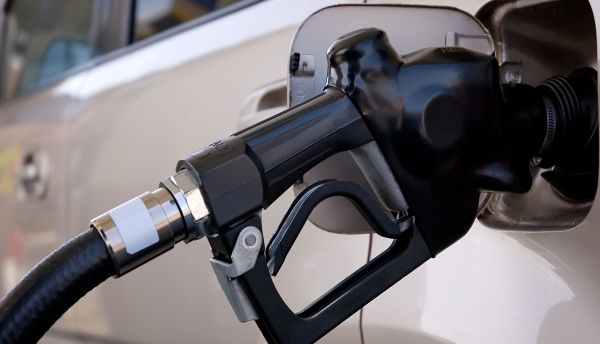
Volkswagen (VW) Group announced plans to use carbon dioxide (CO2) as the refrigerant for its future air-conditioning systems, taking another step towards sustainability and environmental protection, says a company’s press release. The group aims to gradually roll out its CO2-based air-conditioning technology over its vehicle fleet.
At the Geneva motor show, the company announced its goal to be the world’s most environmentally sustainable carmaker by 2018. The group is investing two-thirds of its total investment capital in the development of efficient technologies, drive systems and vehicles, as well as in environmentally sustainable production.
Significance: VW has recently rejected an air-conditioning refrigerant, HFO-1234yf, supporting Daimler's findings in 2012 that the refrigerant can become flammable. Engineers at Daimler conducted certain flammable tests last year and found the new coolant could spark a fire under the hood, with the potential to destroy the car and emit highly toxic gas while burning. Apart from Daimler and VW, BMW is also supporting the claim and had refused to use the HFO-1234yf. The European Union (EU) wants to go ahead with the use of refrigerant HFO-1234yf developed by Honeywell and DuPont. EU wants to replace the presently-used coolant HFC-134a with HFO-1234yf to reduce CO2 emissions and global warming potential. The HFO-1234yf has already been approved for use in Japan and Europe for automotive air-conditioners.
Though VW claimed to develop its own refrigerant, nothing concrete has been decided related to use of HFO-1234yf so far.
Introduction of CO2 in air-conditioning systems makes the VW Group more environmentally-sustainable as the technology contributes majorly to climate protection. CO2 as an air-conditioning refrigerant, also known as R744, is a naturally occurring gas with lower greenhouse gas effects compared to other refrigerants. It is ideal for use in specially designed automotive air-conditioning systems.








